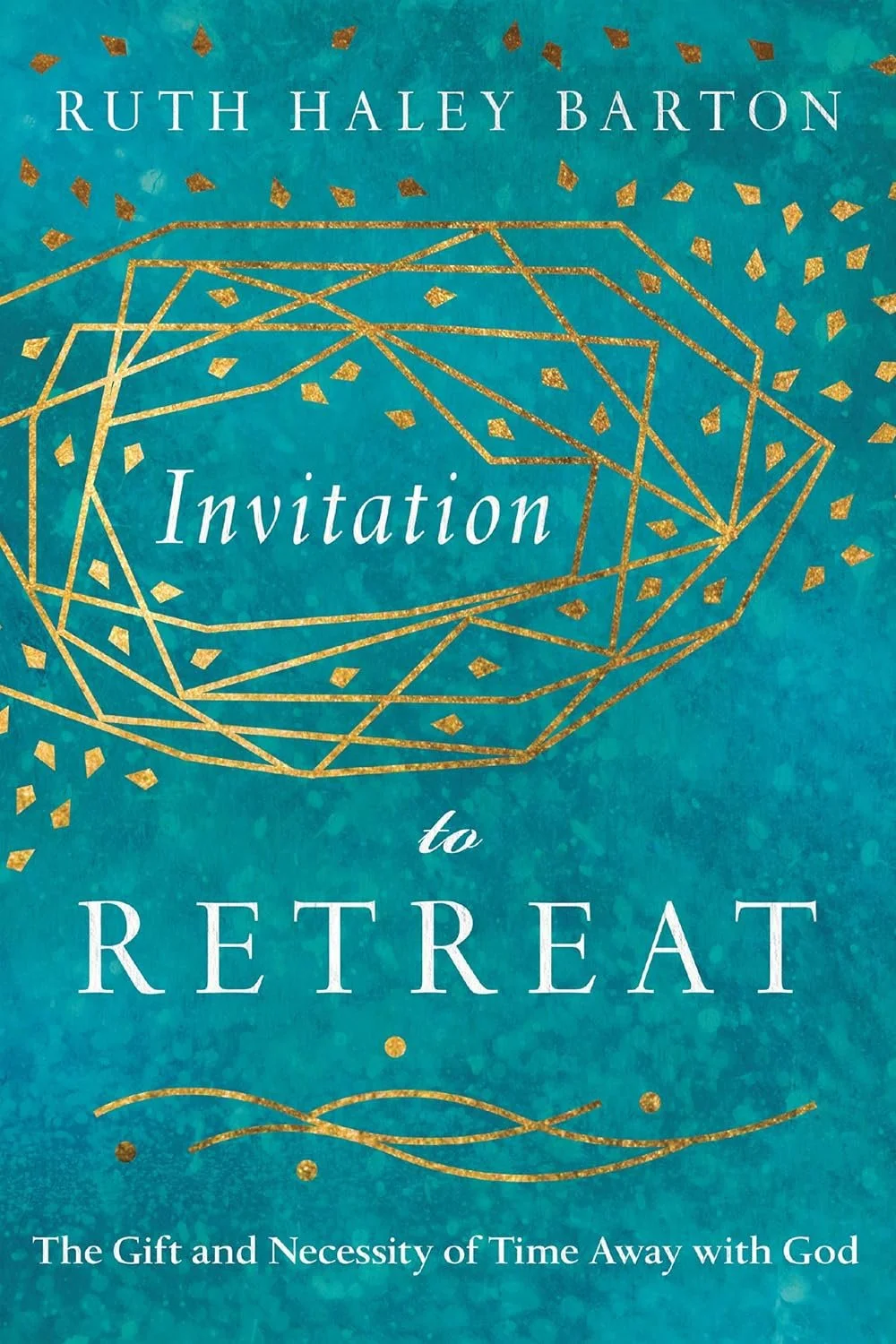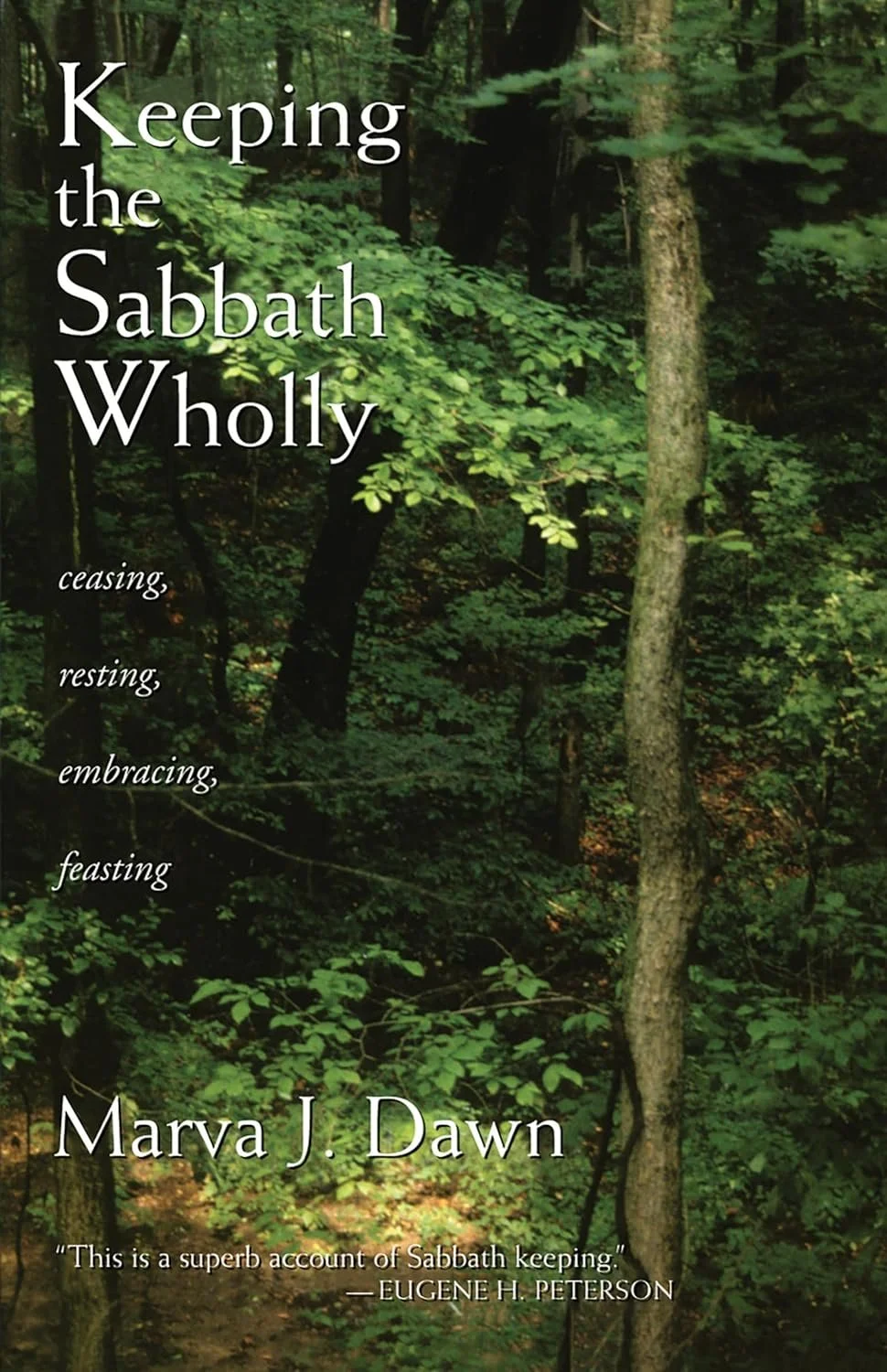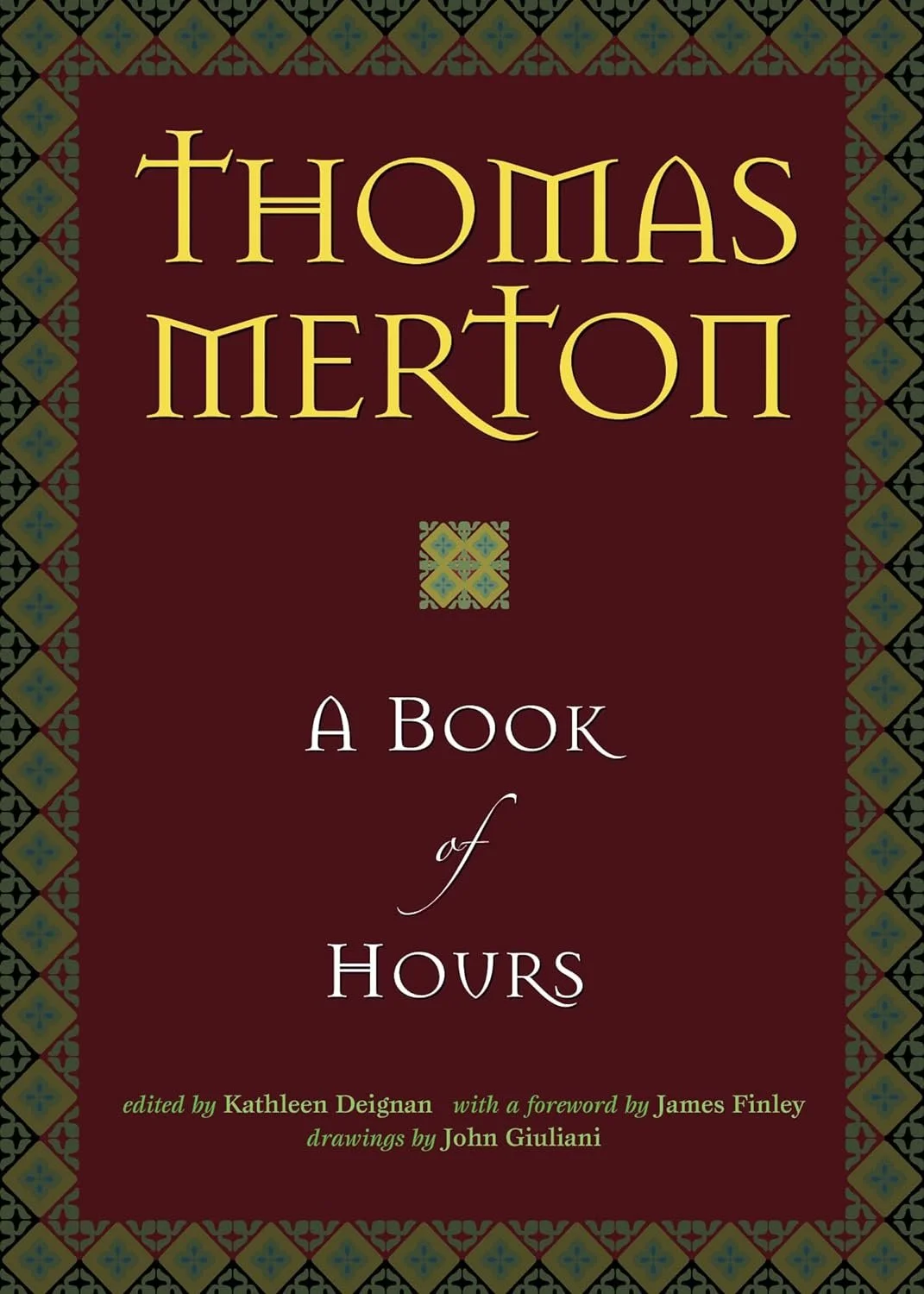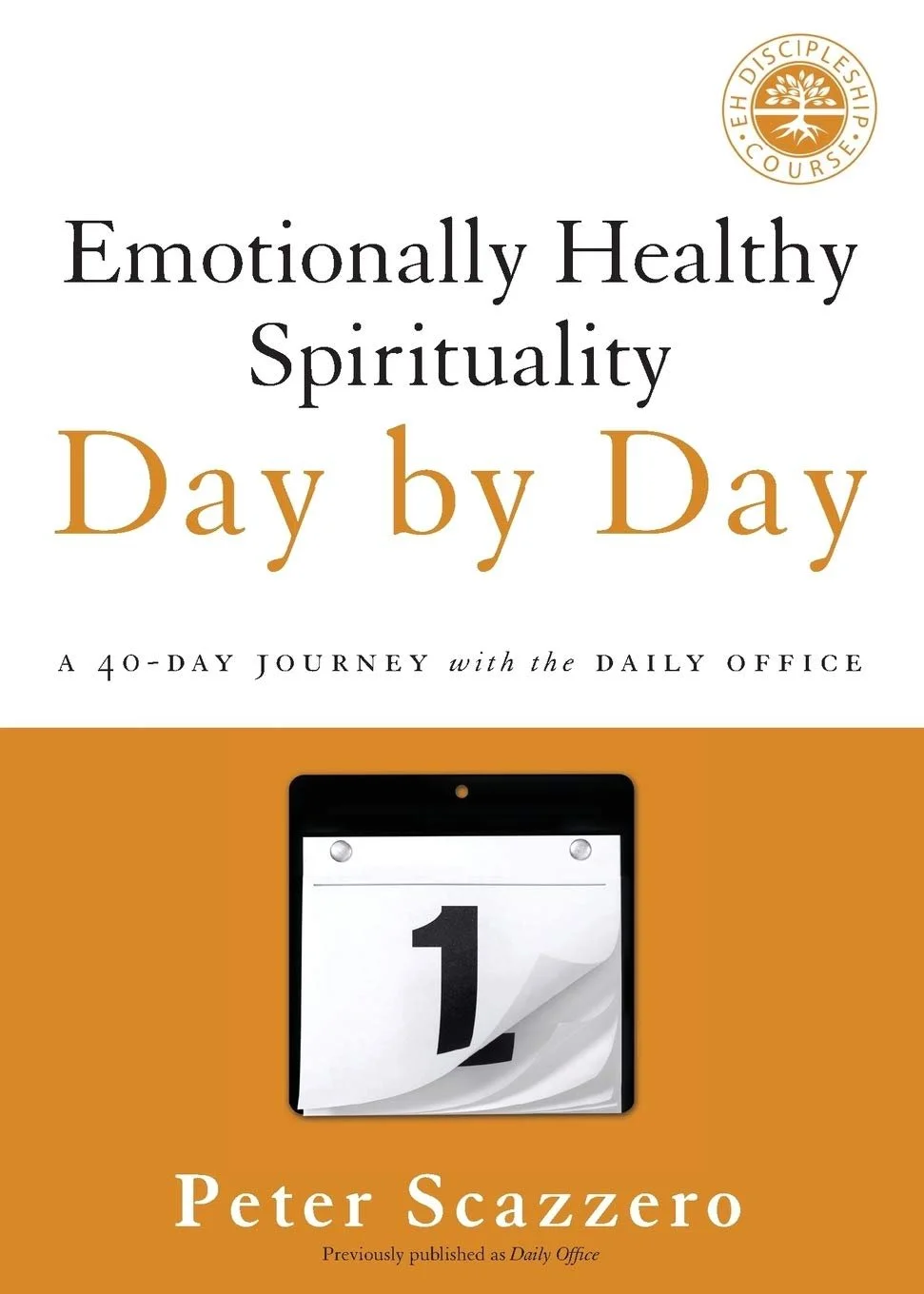Fallow Resources
Invitation to Retreat
Ruth Haley Barton
Jesus invites us to be with him, offering our full and undivided attention to him. When we choose retreat, we make a generous investment in our friendship with Christ. We are not always generous with ourselves where God is concerned. Many of us have tried to incorporate regular times of solitude and silence into the rhythm of our ordinary lives, which may mean that we give God twenty minutes here and half an hour there. And there’s no question we are better for it! But we need more. Indeed, we long for more.
In these pages Transforming Center founder and seasoned spiritual director Ruth Haley Barton gently leads us into retreat as a key practice that opens us to God. Based on her own practice and her experience leading hundreds of retreats for others, she will guide you in a very personal exploration of seven specific invitations contained within the general invitation to retreat. You will discover how to say yes to God's winsome invitation to greater freedom and surrender.
A Hidden Wholeness
Parker Palmer
A Hidden Wholeness―now in its 20th Anniversary Edition, with a new Introduction by bestselling author Parker J. Palmer―has helped people in every walk of life rise to the challenge of living “divided no more.” What leads us to live divided lives that defy our own sense of identity and integrity? When we do, what price do we and the world pay? How can we recover the wholeness that is our birthright gift? Palmer examines the forces that deflect us from the soul's true north and gives us the tools we need to regain our bearings.
Mapping an inner journey to be taken in solitude and community, Palmer explores perspectives and practices that can help us embody integrity in a world where it often feels risky to be who we are. As we learn how to be present to others in spaces where it's safe for the soul to speak (aka “circles of trust”), we find ways to rejoin soul and role in our personal, vocational, and public lives.
Inspired by A Hidden Wholeness―and by the work of the Center for Courage & Renewal, a nonprofit Palmer founded in the late 1990s―tens of thousands of people have participated in circles of trust to deepen their sense of “true self” and contribute to the common good in the places where they live and work. To support readers in developing these practices, the book comes with an online “Study Guide for Readers and Group Leaders,” including author videos, available free at the Center's website.
In the midst of our broken world, the principles and practices in this book can ground us in the “hidden wholeness,” giving us a place to stand as we seek to live with deeper integrity at every level of our lives.
Keeping the Sabbath Wholly
Marva J. Dawn
“But I don’t wanna go to church!” Marva Dawn has often heard that cry—and not only from children. “What a sad commentary it is on North American spirituality,” she writes, “that the delight of ‘keeping the Sabbath day’ has degenerated into the routine and drudgery—even the downright oppressiveness—of ‘going to church.’”
According to Dawn, the phrase “going to church” both reveals and promotes bad theology: it suggests that the church is a static place when in fact the church is the people of God. The regular gathering together of God’s people for worship is important—it enables them to be church in the world—but the act of worship is only a small part of observing the Sabbath.
This refreshing book invites the reader to experience the wholeness and joy that come from observing God’s order for life—a rhythm of working six days and setting apart one day for rest, worship, festivity, and relationships. Dawn develops a four-part pattern for keeping the Sabbath: (1)ceasing—not only from work but also from productivity, anxiety, worry, possessiveness, and so on; (2) resting— of the body as well as the mind, emotions, and spirit—a wholistic rest; (3) embracing—deliberately taking hold of Christian values, of our calling in life, of the wholeness God offers us; (4) feasting—celebrating God and his goodness in individual and corporate worship as well as feasting with beauty, music, food, affection, and social interaction.
Combining sound biblical theology and research into Jewish traditions with many practical suggestions, Keeping the Sabbath Wholly offers a healthy balance between head and heart: the book shows how theological insights can undergird daily life and practice, and it gives the reader both motivation and methods for enjoying a special holy day.
Dawn’s work— unpretentiously eloquent, refreshingly personal in tone, and rich with inspiring example—promotes the discipline of Sabbath-keeping not as a legalistic duty but as the way to freedom, delight, and joy. Christians and Jews, pastors and laypeople, individuals and small groups—all will benefit greatly from reading and discussing the book and putting its ideas into practice.
Physical Book can be found HERE
A Book of Hours
Thomas Merton
Thomas Merton was the most popular proponent of the Christian contemplative tradition in the twentieth century. Now, for the first time, some of his most lyrical and prayerful writings have been arranged into A Book of Hours, a rich resource for daily prayer and contemplation that imitates the increasingly popular ancient monastic practice of "praying the hours."
Editor Kathleen Deignan mined Merton's voluminous writings, arranging prayers for Dawn, Day, Dusk, and Dark for each of the days of the week. A Book of Hours allows for a slice of monastic contemplation in the midst of hectic modern life, with psalms, prayers, readings, and reflections.
Physical Book can be found HERE
Emotionally Healthy Spirituality Day by Day
Pete Scazzero
A groundbreaking, life-changing devotional for anyone desiring a more intentional, structured, communion time with God.
In this groundbreaking devotional book, Peter Scazzero introduces the ancient spiritual discipline of the Daily Office. The basic premise of the Daily Office is simple: We need to intentionally stop to be with God more than once a day so that practicing the presence of God becomes real in our lives.
Each of the themes in this eight-week devotional is based on a chapter from the bestselling book Emotionally Healthy Spirituality—although you don’t have to have read that book to benefit from these devotions. Each day offers two devotional times—Morning/Midday and Midday/Evening—where each pause can last from five to twenty minutes.
Physical Book can be found HERE
Suggested Fallow Practices
Receive Inner Healing Prayer
Pray the Examen
Extended Silence and Solitude
Meditate on Small Chunks of Scripture
Memorize Small Chunks of Scripture
Serve the Poor
Share a Sabbath Meal with Friends




